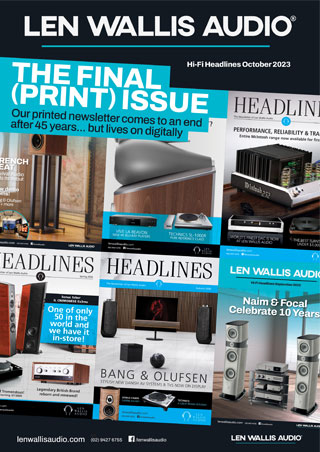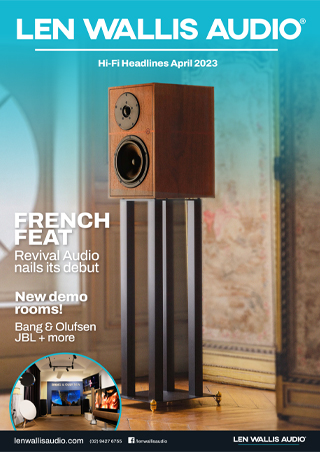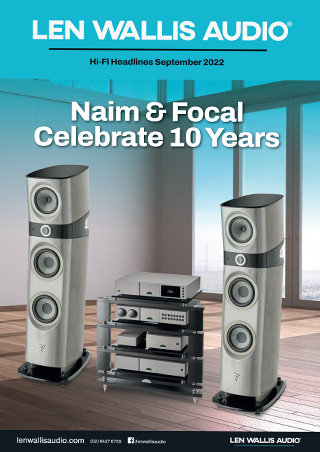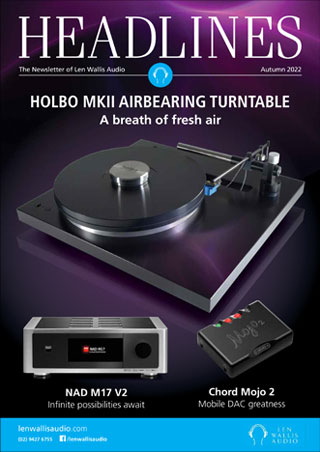From the desk of Len Wallis
Audio journalist Rod Easdown recently wrote a piece in The Sydney Morning Herald about the importance of the amplifier in your system, and how as the music played becomes more demanding, the greater the differences are between amps.
While this may seem obvious to us within the industry, it did highlight the fact that many people take their choice of amplifier for granted. Rod pointed out that when playing music by an artist like Eva Cassidy the difference in amplifiers can be limited (but still apparent.) However play Shostakovich’s 5th (particularly at the volume level it deserves) and it is a completely different story. A piece like the 5th is dynamic and complex, with massed instruments all struggling to be heard. It is a beautiful, dynamic and involving piece of music, but it can be taxing on your system.
However, your choice of amplifier can also depend on more than your musical preferences. The larger or the more absorbent your room is, the more power you will need to fill it. Likewise for the volume you play your music at. Many assume that a 100-watt amplifier will play twice as loud as one rated at 50 watts. In reality to double the volume output of an amplifier (10dB) you need to increase the RMS rating by as much as 10 times, although some argue that in reality a 6dB increase will achieve the desired result, an increase of RMS × 4.
A much more important element in the power game is the speakers that you are using. All speakers present a resistance to the amplifier, referred to as efficiency and measured as the output of the speaker at a distance of 1 meter with an input of 1 watt.
The most ‘efficient’ speaker that we carry is 91dB, while the least efficient is 84dB. To gain the same output on the 84dB speaker that we are getting from the 91dB unit we would need to increase the rated power of the amplifier by more than 400% (i.e. if we are using a 100-watt amplifier with the more efficient speaker we would need a 400-watt amplifier to get the same output from the 84dB model). So the effect of using a speaker which is 3dB more efficient is the same as purchasing an amplifier of double the rated RMS rating.
It is not an uncommon request for a system with a really powerful amplifier because the client likes to play their music loud. A more efficient and cost-effective solution would be to request a very efficient speaker!




